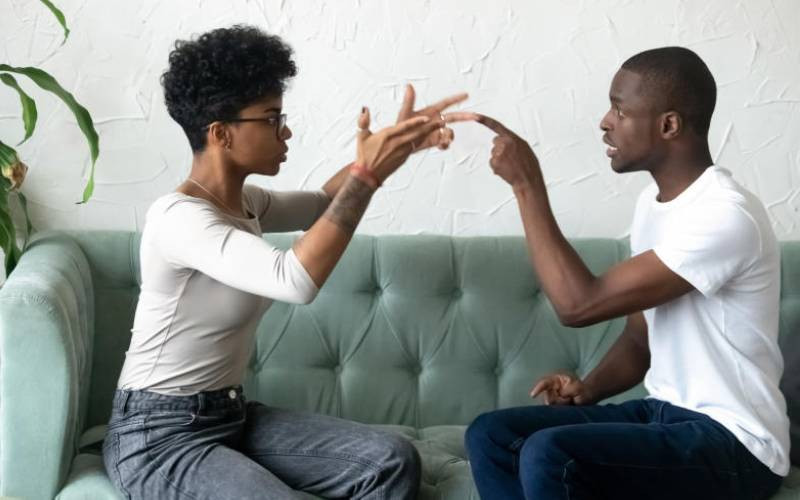
If you have desired to get away from stagnation and “sinking sand” syndrome in your relationship this year, please take note, it is not too late, you can begin today and make a whole new difference in your life.
Many times, when one thinks of goal setting, it’s not always a pleasurable exercise; often it is a reminder of failed past attempts.
Goal setting is important not only at an individual level but also with your significant other. Does it help for couples to have relationship goals, many wonder. Every couple will definitely benefit from setting relationship goals.
The goals should be SMART; specific, measurable, attainable, realistic with a time frame. It helps to periodically evaluate the same just to ensure that you are both on track. In doing so you will both meet each other’s needs and consequently ensure a fulfilling partnership.
I could not agree more with Eckhart Tolle that “Whenever something negative happens to you, there is a deep lesson concealed within it.” Embrace the lessons learnt in every negative situation and gladly take responsibility of your life and relationships.
This year, our goal is to stop the blame game and take responsibility for our relationships, while we set smart goals in order to achieve a fruitful relationship and thrive!
Nothing is as powerful as being able to attract the love that you not only desire, but that which you deserve. It takes being honest with yourself and looking at your relationship values. Ensure that you clearly articulate your needs and that your partner understands them as you too get to know and understand the needs of your partner.
Where should you begin?
1.It takes two to tango
The tango dance requires two partners moving in relation to each other, this sometimes happens in tandem or sometimes in opposition. Have you probably been dancing in the opposite direction? Food for thought; A check list is helpful but most of all, feedback from your partner will be helpful. It’s never always easy to take responsibility of our failures; however, acceptance brings along with it a sense of maturity, ownership, growth, and personal development improving oneself.
2.Take time out to reflect
Reflective practice is thinking about or reflecting on a situation, your involvement and how you can make a difference. It is closely linked to the concept of learning from experience, in that you think about what you did, and what happened, and decide from that what you would do differently next time. It is important to acknowledge that we will not be able to always control our partner’s reactions and behaviour, however, we can choose our attitude in the manner we respond and react to situations.
3.Exercise self-awareness
Self awareness is the capacity for introspection and the ability to recognize oneself as an individual separate from the environment and other individuals. It’s important to run through self inventory responding to the question who am I? What are some of your personal strengths and weaknesses?
What are your core beliefs about life? What are your fears and dreams? When you are clear about whom you are it becomes easier to relate with another. In so doing one is able to clearly articulate their needs and expectations.
4.Improve your communication:
Communication is the key to setting your relationship goals, it begins with how the partners relate to one another. Establishing commitment goals might involve spending more time with your partner or making decisions that clearly demonstrate that your relationship is a top priority in your life.
Once this is accomplished, you can begin to set your SMART goals and grow towards oneness this year.
The writer is a Relationship Coach and Author, Marriage Built to Last. You can reach her on www.jenniekarina.co.ke
 The Standard Group Plc is a multi-media organization with investments in media
platforms spanning newspaper print
operations, television, radio broadcasting, digital and online services. The
Standard Group is recognized as a
leading multi-media house in Kenya with a key influence in matters of national
and international interest.
The Standard Group Plc is a multi-media organization with investments in media
platforms spanning newspaper print
operations, television, radio broadcasting, digital and online services. The
Standard Group is recognized as a
leading multi-media house in Kenya with a key influence in matters of national
and international interest.











